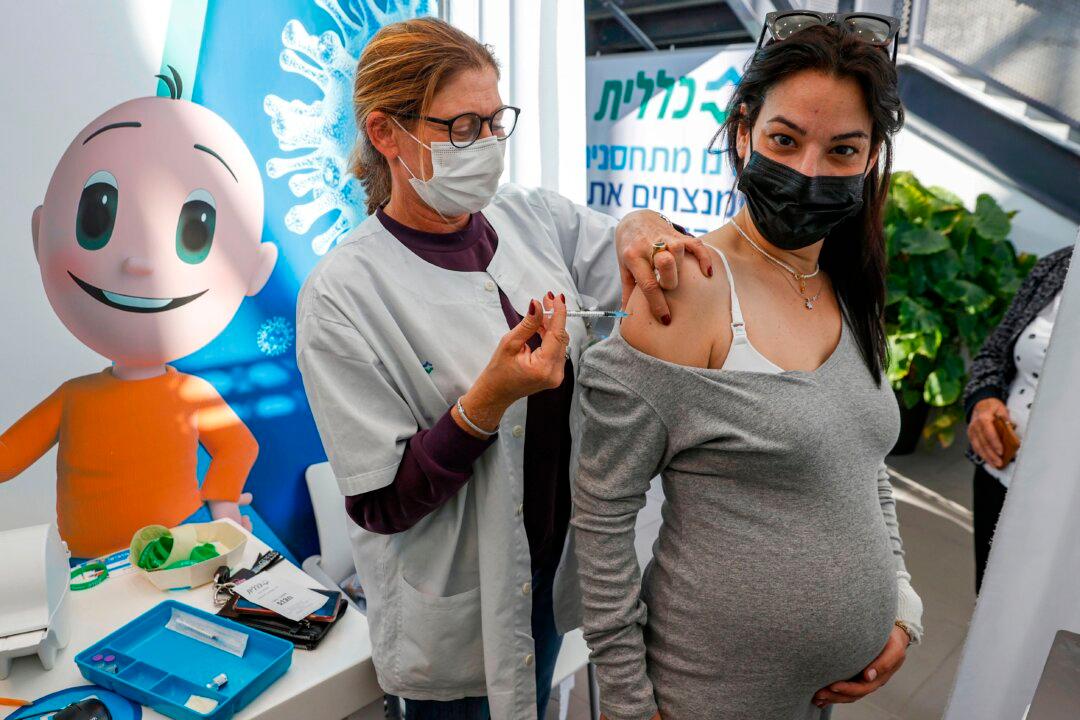A senior employee at drug manufacturer Pfizer is allegedly concerned about the possible side effects of the COVID-19 vaccine as it relates to women’s menstrual cycles, according to a conversation that was filmed by the nonprofit journalism group, Project Veritas.
Video footage of the conversation with Dr. Jordon Walker, a senior Pfizer employee, with the undercover reporter for Project Veritas was published on Twitter on Feb. 2.




